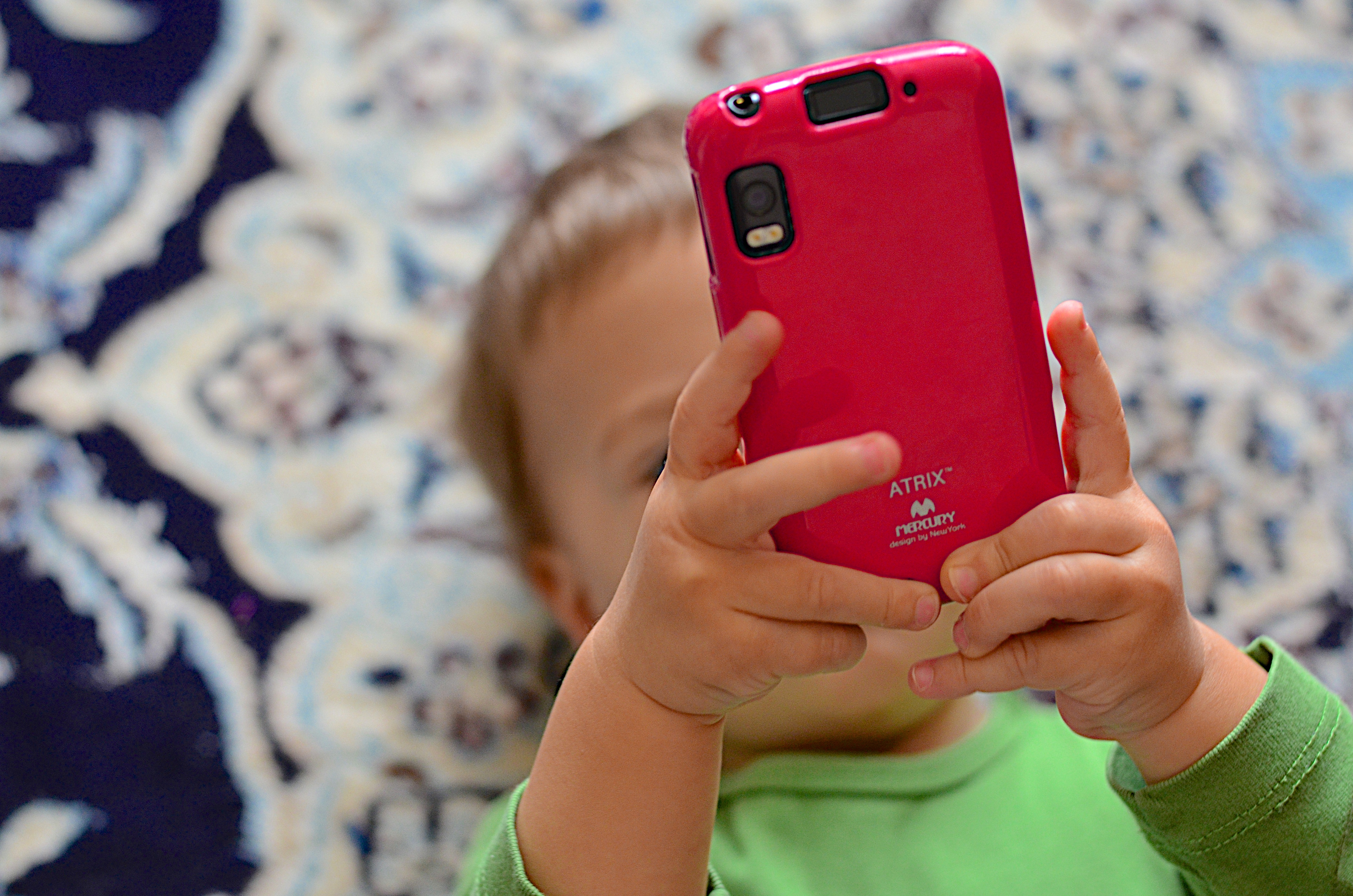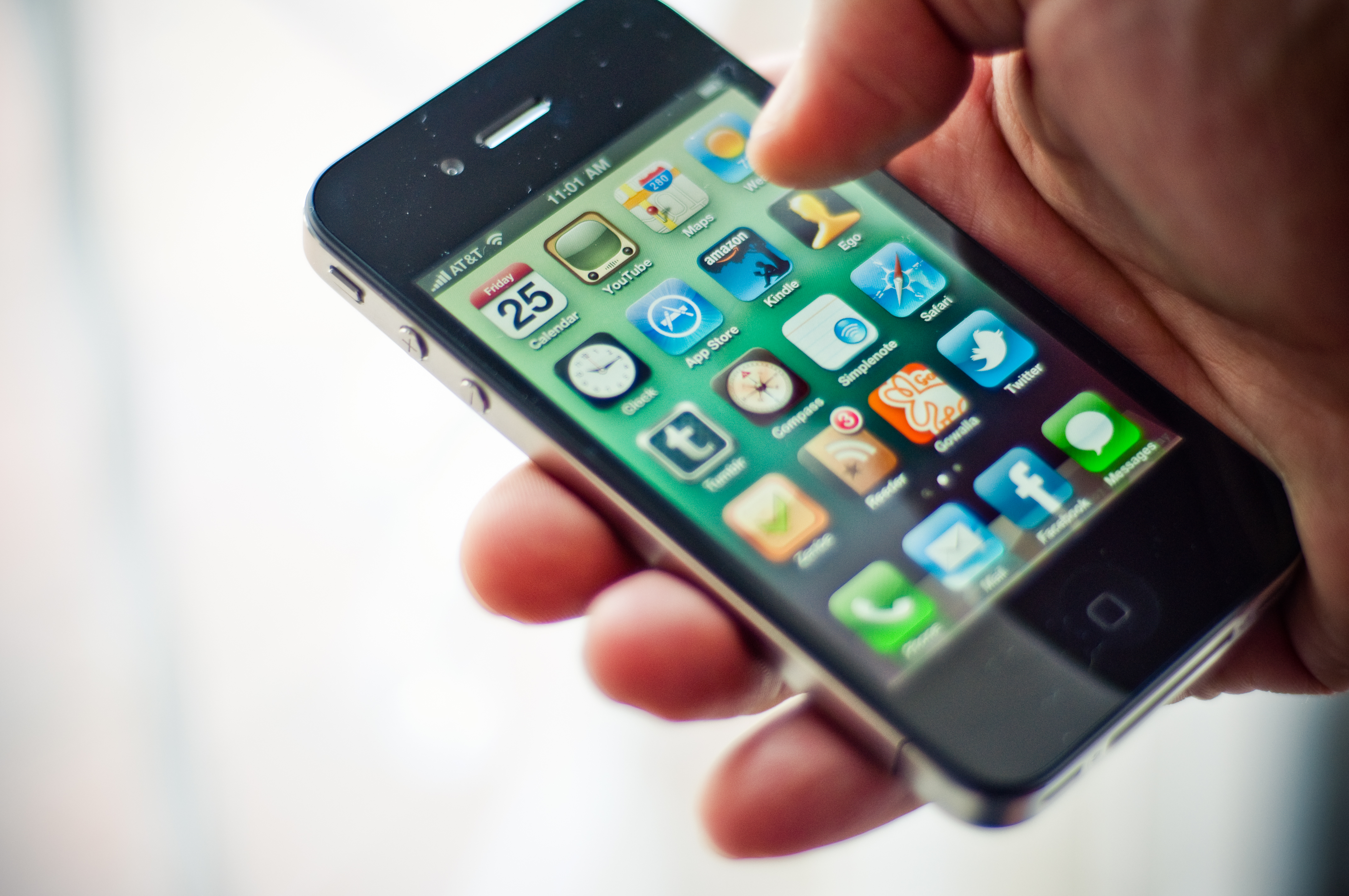As the usage of apps and websites by kids increases, new conversations about children’s privacy must occur. The Global Privacy Enforcement Network (GPEN) did a recent study in which it found that of the 1,494 websites and apps samples, 41 percent compromised children’s privacy.
The data, collected form 29 protection regulators worldwide, found that 67 percent of the websites collected information from kids, and only 31 percent of sites had any controls to limit collection.
Many of the websites very popular with kids did have statements in their privacy policies indicating that the website was not intended for children. However, these websites generally did not have any further controls to prevent the collection of personal data. Of the total sample, 22 percent of sites had a category for kids to input phone numbers, and 23 percent had a place to upload photos or videos.
Furthermore, children’s information isn’t always contained on the original site. Kids were given the opportunity to be redirected to another site on 58 percent of sites; 50 percent of sites shared personal information with third parties.
Despite the holes in website security found, some websites did use recommended precautions like parental dashboards, pre-set avatars and usernames, just-in-time warnings before info is submitted, and chat filters.
Adam Stevens, the head of UK’s Information Commissioner’s Office, says that the ICO will be contacting problematic websites and apps, “making clear the changes we expect them to make. We wouldn’t rule out enforcement action in this area if required.”
Article via LegalTech News, September 3, 2015
Photo: Misi with a Phone via Balazs Koren [Creative Commons Attribution-NonCommercial-NoDerivs]





